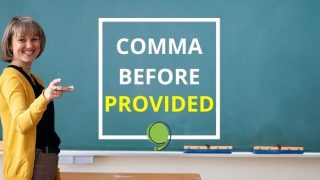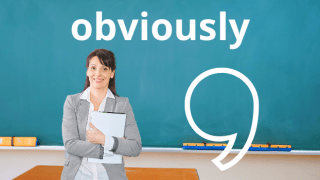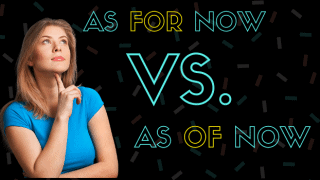Homonyms are confusing creatures. Who hasn’t mistakenly written “you’re” instead of “your” or “their” instead of “there”? But as confounding as it may be, at least most homonyms follow clear rules, and any proficient language user can tell you which word you should be using in each context. For example, almost every English speaker is …
English
Have you ever been pestered by how punctuation marks work? And, have you ever wished you never had to consult Dr. Google for comma placement rules, because you know for a fact that these are supposed to be a no-sweat core skill? This post addresses comma-related linguistic nuances altogether with the usage of the word …
What is the meaning of “as above, so below”? “The meaning of “As above, so below” is that events on Earth reflect in the astral plane. Another interpretation suggests the individual (microcosm) is influenced by society (macrocosm). The expression is tied to Hermeticism and the Emerald Tablet. In essence, the expression examines places with duality, …
Common words are sometimes used in combinations that seem contradictory. “Exquisitely vicious” is one example that shows up sometimes in fiction. However, even the most poetic flight of fancy is no match for this article’s topic, the confusing phrase “indirect signature required.” How can a signature be indirect? Read on to find out. What …
Generally speaking, linguistic literacy concurrently improves with age. This means that as we get older, we gain more ability to utilize higher forms of speech elements such as adverbs. Lexical competence helps people represent thoughts more accurately and cohesively, thereby entailing reasonability and communicative literacy. This post aims to present comma-related guidelines to the adverb …
Introduction A well-known rhetoric tool is an anaphora which is the strategic repetition of word sequence that drives emphasis. In particular, reflexive pronouns such as “itself” and “themselves” are probably some of the most commonly used anaphoric words in everyday English. “Per se” is an anaphorical Latin phrase that roughly means “by itself” which is …
Although descriptivists sometimes clash with prescriptivists in terms of punctuation guidelines, punctuation marks generally have a single purpose. Non-lexical symbols, such as commas, generally function as linguistic devices that facilitate the disambiguation of meaning in the written language. Linguistic disambiguation is vital in increasing communication efficiency, thereby amplifying the significance of comma-related guidelines in texts. …
Language evolves constantly, and the presence of the Internet has really sped things up. One case in point are emoticons like the humble :). Not only do these pictographic characters express emotion, they’ve now been around long enough that their meanings are ambiguous. In this post, we’ll look at three possible meanings for the smiley …
Many languages have common phrases that are nearly identical, and English is no exception. In this article, we’ll tackle the commonly confused “as of now” and “as for now.” Although the only difference in these two phrases is the central words “of” and “for,” they have very different meanings. What does “as of now” …









